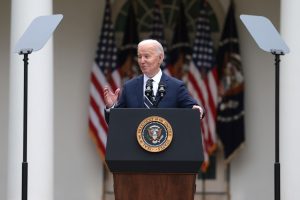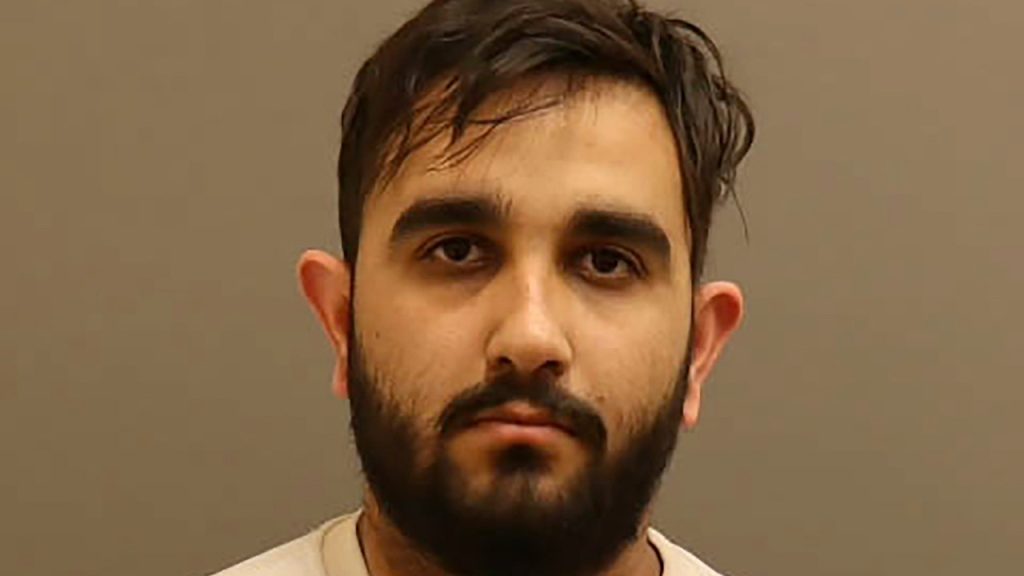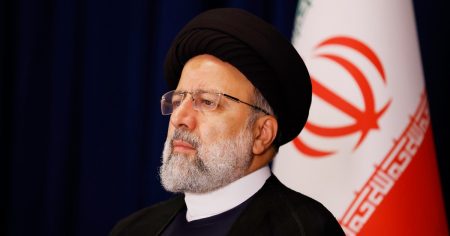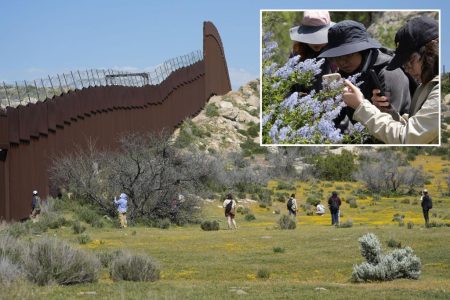Three men charged in the killing of Canadian Sikh separatist leader Singh Nijjar made a brief first court appearance in Edmonton, Alberta. The killing of the prominent activist sparked a diplomatic spat between Canada and India, with Canadian Prime Minister Justin Trudeau alleging Indian involvement in the killing. The suspects – Kamalpreet Singh, Karan Brar, and Karanpreet Singh – have been charged with first-degree murder and conspiracy to commit murder. Brar and Karanpreet appeared in court via a video link and agreed to a trial in English, with Kamalpreet waiting to speak to a lawyer.
The small provincial courtroom was full of spectators as the two suspects appeared for their court appearance. Richard Fowler, the defense lawyer representing Brar, mentioned that the case would eventually be moved from the British Columbia Provincial Court to the Supreme Court and combined into one case. Outside the courthouse, about 100 people gathered waving yellow flags and holding photos of Indian government officials whom they accused of being involved in Nijjar’s killing. The suspects, who were living in Canada as non-permanent residents, have been linked to the killing of Nijjar, who was a prominent advocate for Sikh independence.
Nijjar, an Indian-born Canadian citizen, was a leader in the movement for an independent Sikh homeland in India known as Khalistan. He organized unofficial referendums around the world advocating for Punjabi independence and was considered a human rights activist by Sikh organizations, while the Indian government labeled him as a criminal with alleged ties to terrorism. The Khalistan movement has lost some of its political power but still has supporters in Punjab and the overseas Sikh diaspora. The tension between India and Canada escalated following Nijjar’s killing, with India demanding the removal of a significant number of Canadian diplomats from the country. While tensions have somewhat eased since then, the legacy of Sikh separatism and demands for independence still linger.
The Khalistan movement was active in the 1970s and 1980s, leading to a bloody decade-long Sikh insurgency in north India that resulted in a government crackdown and thousands of deaths, including prominent Sikh leaders. While the insurgency has largely ended, the Indian government remains wary of Sikh separatist groups attempting to revive the movement. Nijjar’s killing in Canada reignited concerns about the reach of extremist groups and the potential involvement of foreign governments in such activities. The suspects charged in the killing are now navigating through the Canadian legal system while the controversy surrounding Nijjar’s death continues to fuel tensions between Canada and India, with allegations and denials of involvement still lingering.














